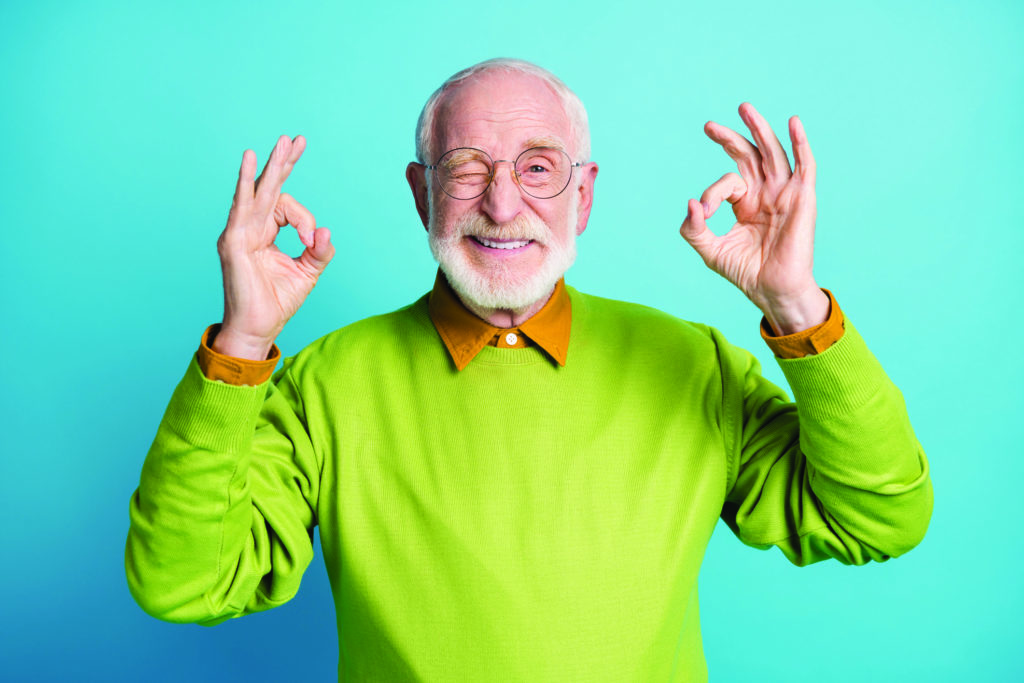What Does Getting ‘Older’ Really Mean?
February 1, 2022 1:31 am
Does getting older mean that we are wiser and have more opportunity to reassess what’s important in our lives?
When we asked our clients and residents what is important to them, most said they wanted to be happy, healthy, to be able to travel, spend more time with family and experience more of what life has to offer.
For many, the prospect of living to 100 and beyond is seen as a positive, filled with possibilities and opportunities.
At McLean Care, when we celebrate our centenarians, we always want to know their top secrets to living longer.
Whilst many comment on working hard and less stress we also hear ‘being happy and content’, eating right and exercising’.
They have also shared some advice that they would give to their younger selves, and perhaps, to other younger Australians:
- Take care of yourself
- Be financially smart
- Work hard and
- Make each day count
In 1990 there were 150,000 Centenarians in the world – today – 32 years later there are almost 600,000 Centenarians. In just 28 years time projections suggest that there will be 3.7 million centenarians across the globe. Just like 40 is the new 30 – 100 is the new 80. The next measurement is supercentenarians – people that have reached the age of 110 and typically live life free of many aged related diseases.
Currently, 1 in 1,000 centenarians are super centenarians. With this marked growth in centenarians and supercentenarians, and indeed all of the ageing population, Ageism is still a key barrier around the world for older people.
The Australian Human Rights Commission released a report in September 2021, “What’s Age Got to Do with It” that confirmed Ageism
as being the most accepted form of prejudice in Australia and that it is more pervasive and socially accepted than sexism or racism.
Did you know that Ageism affects all age groups not just older people – it cuts both ways. “What’s Age Got to Do with it” also found that young adults experience ageism as being condescended to or ignored at work, middle aged people experience ageism as being turned down for a job on the basis of age and people 62 and over experienced ageism as being helped without being asked. Ageism among this age group is however more prevalent.
70% of people over the age of 65 feel that ageism is perpetuated by society at large and is becoming a big problem for retired people.
Many in this age group feel they are misrepresented in the media and by the general public with regards to not being tech savvy, less productive, less tolerant, being grumpy and greedy.
However, this cohort most commonly perceive themselves as actually being more open to new things, being more capable and more interesting. Our Smart Homes Project showed us that older people want to engage with technology, wanting to learn about new things and certainly found themselves to be competent and capable.
One very simple way to combat Ageism is if we all pause and reflect on our language, behaviours and assumptions. Let’s not, say “you look good for your age”, let’s not say “sweetie, honey, dear, or darling”.
Let’s not assume that younger people are computer geniuses and
older people are inept. Possibly one of the most global examples of Ageist behaviour has been the emphasis on the looming health and aged care crisis as the baby boomer generation age.
So let’s not focus on wording around older people supposedly causing a crisis in our health and aged care services.
Instead, take concrete steps towards equity for all ages, respecting everyone for what they contribute to our workplaces, our communities, our society, our country and our world.
Let’s focus on experiences that shape every individual’s life – be they negative or positive and move away from age defining who we are. Ageism places limitations on ourselves, on those around us, creating missed opportunities.
You never know what lies ahead so let’s celebrate ourselves and others for the lives we build, the humanity and empathy we show each other and our willingness to always try to do better at any age.

Stay connected and join the conversation with us